About IDI
Our Cross-Cutting Priorities
Our Results
Meet the IDI Board
IDI's Board is composed of ten members from different supreme audit institutions. Get to know them better in our "Meet the Board" series.
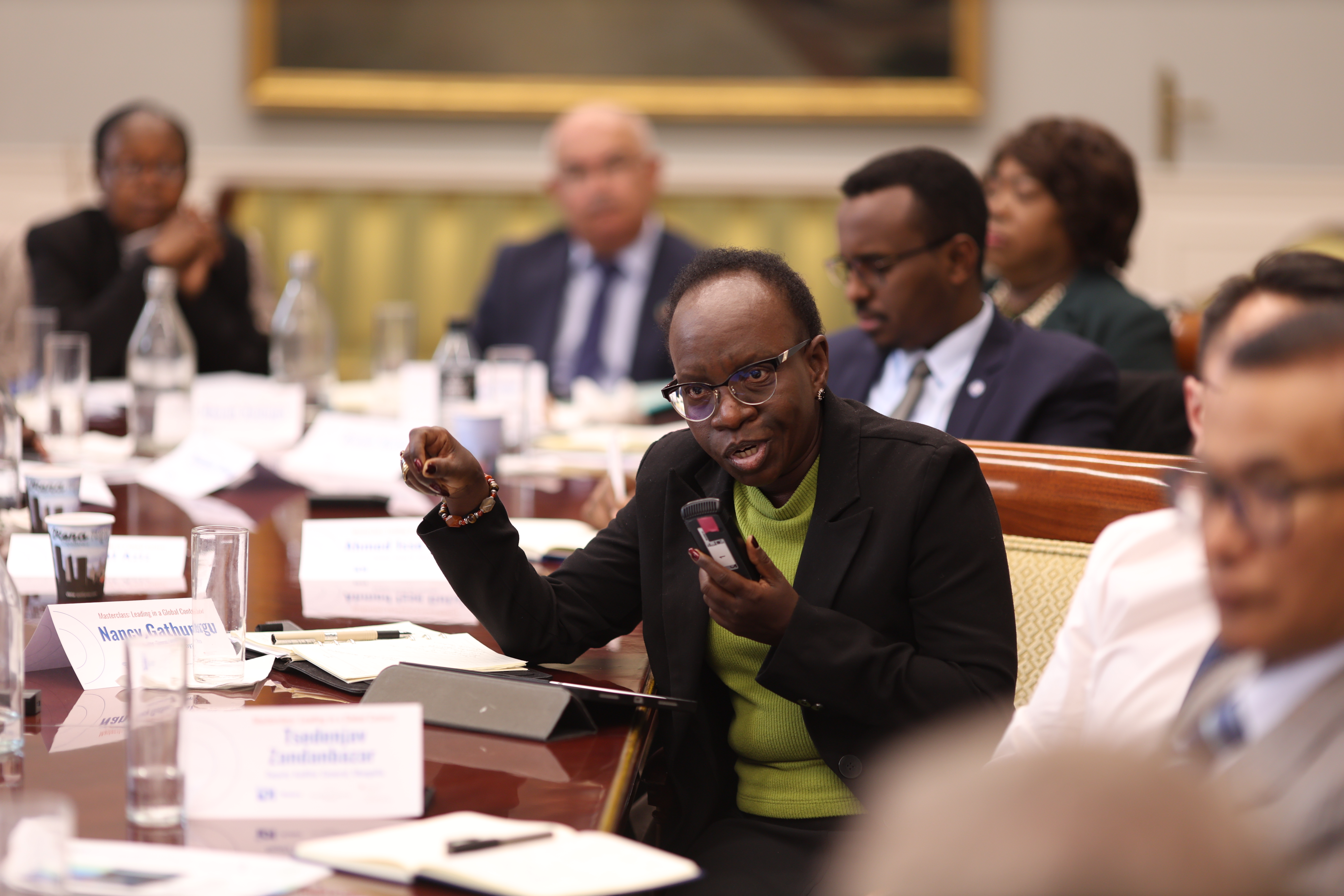
In a world of mounting global risks—where democracy and fiscal stability are constantly tested—leadership in public institutions has never been more crucial.
In March and April 2025, Supreme Audit Institution (SAI) leaders from across the globe gathered in Madrid for IDI’s Mastery—a high-level leadership initiative designed to stretch the thinking, strategy, and solidarity of those at the helm of national audit offices.
Hosted with the Tribunal de Cuentas de España (SAI Spain) and the Autonomous University of Madrid, the initiative brought together seasoned and newly appointed Heads of SAIs for two weeks of exchange, introspection, and insight. It was made possible with generous support from the Swiss State Secretariat for Economic Affairs (SECO), a key partner in IDI’s efforts to future-proof public sector oversight.
What unfolded was more than just a learning experience—it was a call to lead.


In an era of overlapping crises—climate, conflict, and economic volatility—SAIs are expected to do more than audit. They are called to safeguard public trust, hold governments accountable, and contribute to national resilience.
In the first Mastery Class, Leading SAIs in a Global Context, SAI leaders paused to reflect on these challenges and opportunities with insights from experts across the governance landscape. Sessions featured the OECD and the World Bank’s PEFA Secretariat speaking on Public Financial Management, the International Monetary Fund covering fiscal risks, and Transparency International Spain touching upon corruption and integrity systems—connecting global trends with local realities.
“The topic of this Masterclass—leading in a global context—everyone in leadership is looking for this,” said Dasho Tashi, Auditor General of Bhutan. “Things are changing all around and the tone starts at the top. To bring any change, it’s the leader. The leadership is the engine that drives an SAI.”
A standout moment was the discussion on SAIs’ roles in supporting judicial accountability. Leaders examined how audit findings can prompt legal action—if institutions are credible, coordinated, and independent.
Throughout the masterclass, participants examined what it means to lead institutions that must be both watchdogs and agents of change. Conversations centred on building cultures of purpose, cultivating internal ethics, developing strong bonds with stakeholders, and assuming a role as educators on transparency and accountability.
“Leadership is so important for an SAI because it builds public trust,” shared Brenda Neeley, Auditor General of the Bahamas. “You lead by example, with integrity, good ethics, accountability, and good governance as you advance the scene for your country.”
The dialogue sparked reflection on how SAIs can evolve to meet the expectations of a changing world—and what that demands from their leaders.
“Irrespective of your context—big or small SAI, developed or developing country—this is the programme to join,” said Nancy Gathungu, Auditor-General of Kenya. “Change is a constant, and you need to be equipped for it.”
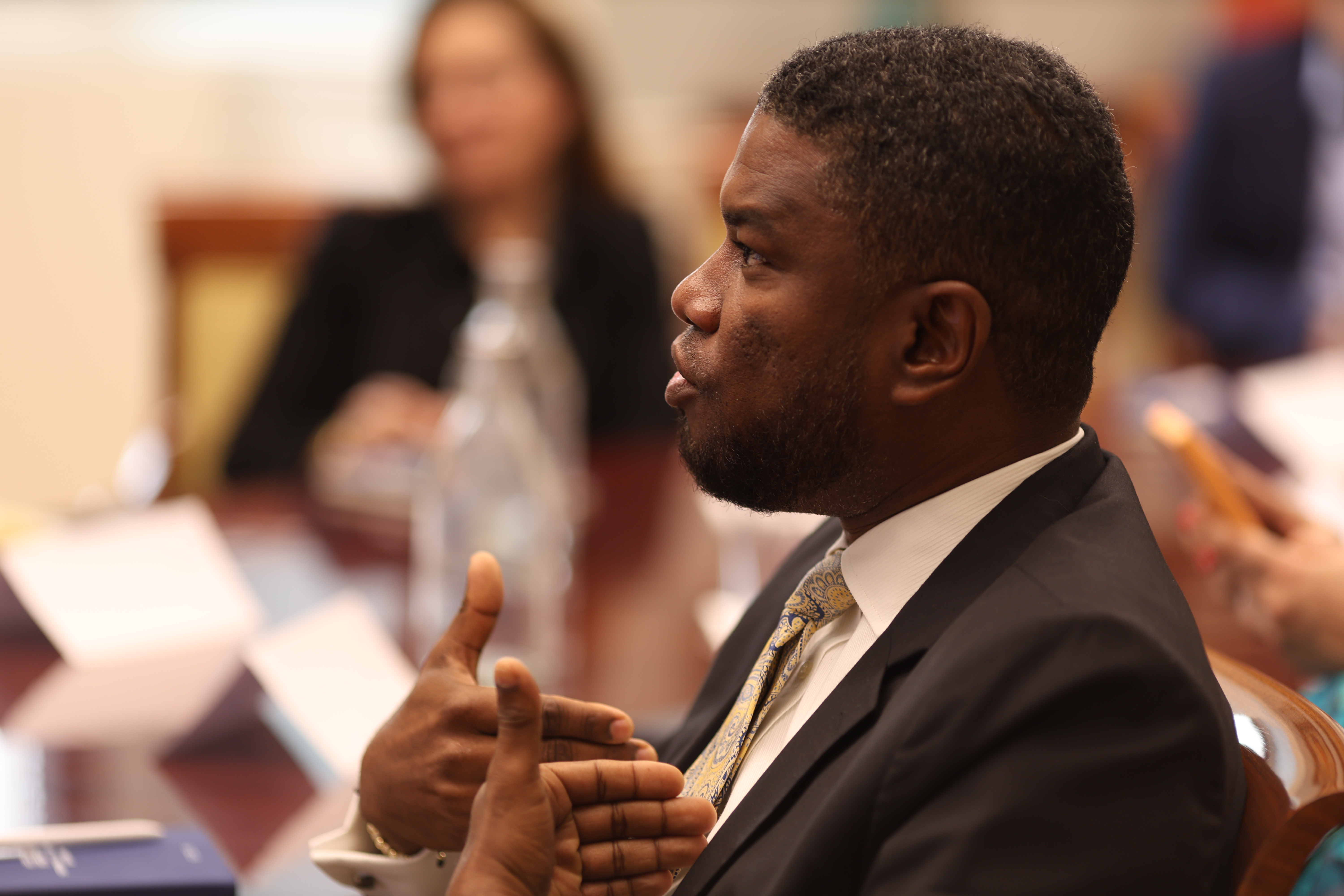
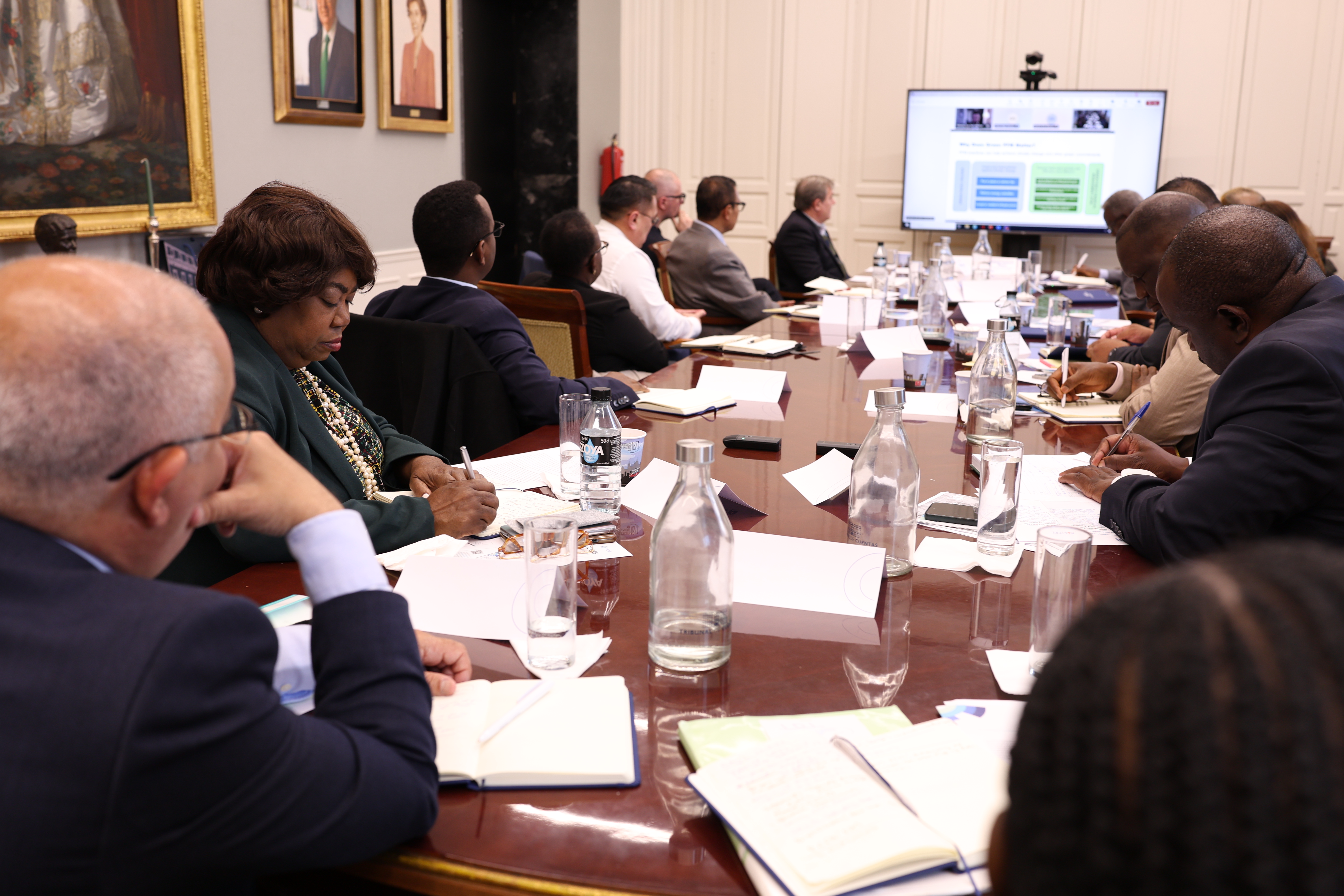
The second week, Leadership and Leveraging the Global SAI Network, shifted focus to the community that supports SAI leadership. Designed for newly appointed Heads of SAIs, this segment offered a pilot crash course in navigating—and contributing to—the global INTOSAI framework.
Held at the Universidad Autónoma de Madrid, the programme introduced participants to professional standards, peer support systems, and global strategic priorities. More importantly, it built connection.
Keynotes from leaders like Vitor Gaspar (IMF) and Ester Marco Peñas (UAM) underscored how global norms and partnerships can strengthen domestic oversight. Maria Dolores Genaro gave a vivid illustration on the importance of change management through presenting the transformation journey of SAI Spain. Breakout sessions also explored how strategic communications can help SAIs engage citizens, parliaments, and donors, and highlighted the value of internal stakeholder engagement in driving change.
“This was a valuable experience—very relevant to strengthening our institution, empowering staff, and reinforcing our independence,” said Dr. Radhi Al-Hamadeen, President of the Audit Bureau of Jordan. “It will help us deliver more professional audits that serve the public interest.”
The sessions also highlighted practical tools and networks that can support smaller SAIs facing resource constraints.
“We often feel like we don’t have what we need, but this showed us the resources are out there,” said Finau Nagera, the Auditor-General of Fiji. “This is a chance to learn what trends matter, and how to connect with global partners to improve how we lead and operate.”
The peer learning environment proved to be one of the most energising elements. Several participants, just months into their roles, found it transformative to connect with others navigating similar transitions, challenges, and aspirations.
Participants also gained a deeper understanding of INTOSAI's structure and IDI’s role in supporting SAIs in areas such as independence, governance, strategic planning, digitalisation, climate, and sustainability.
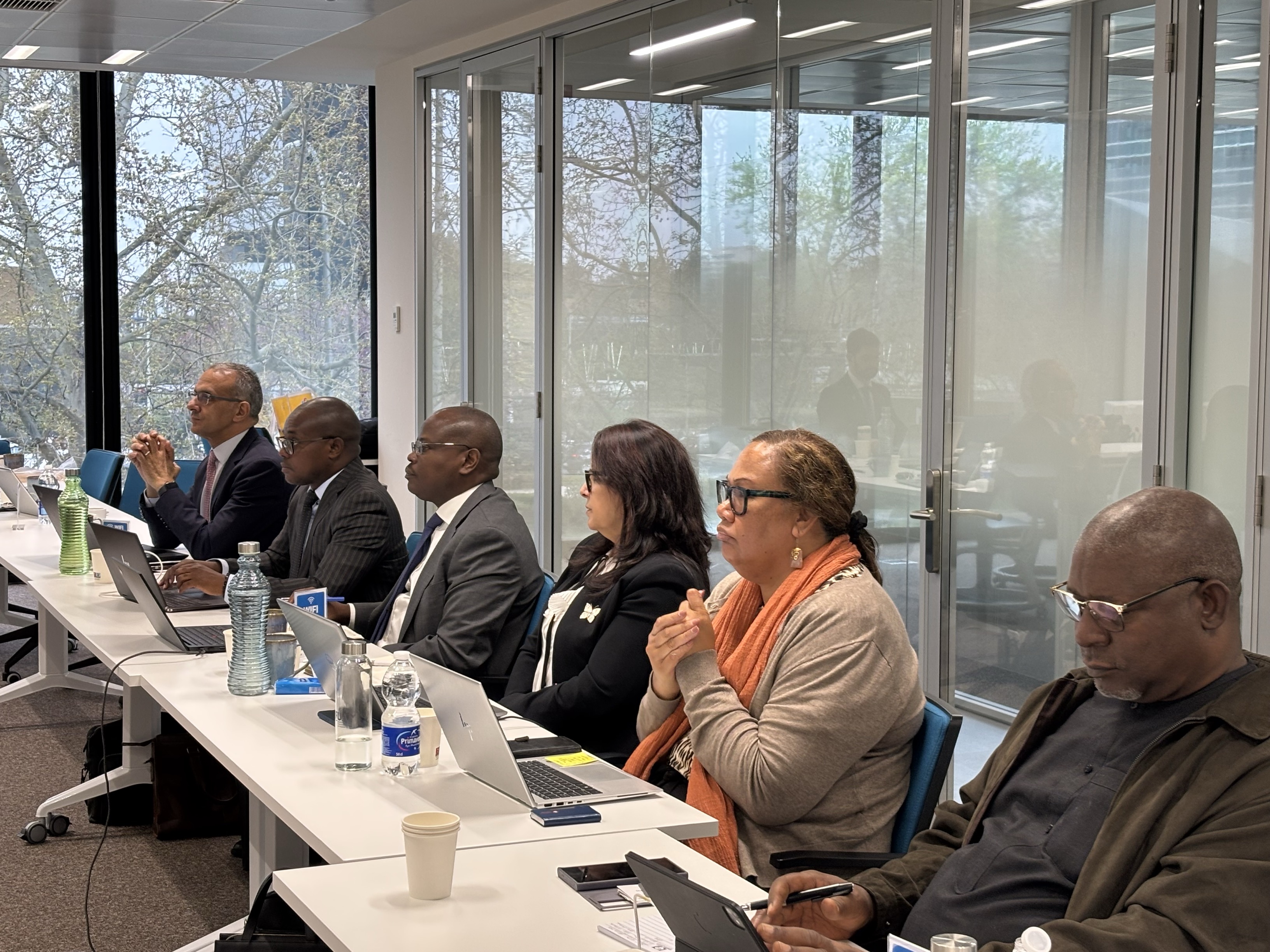
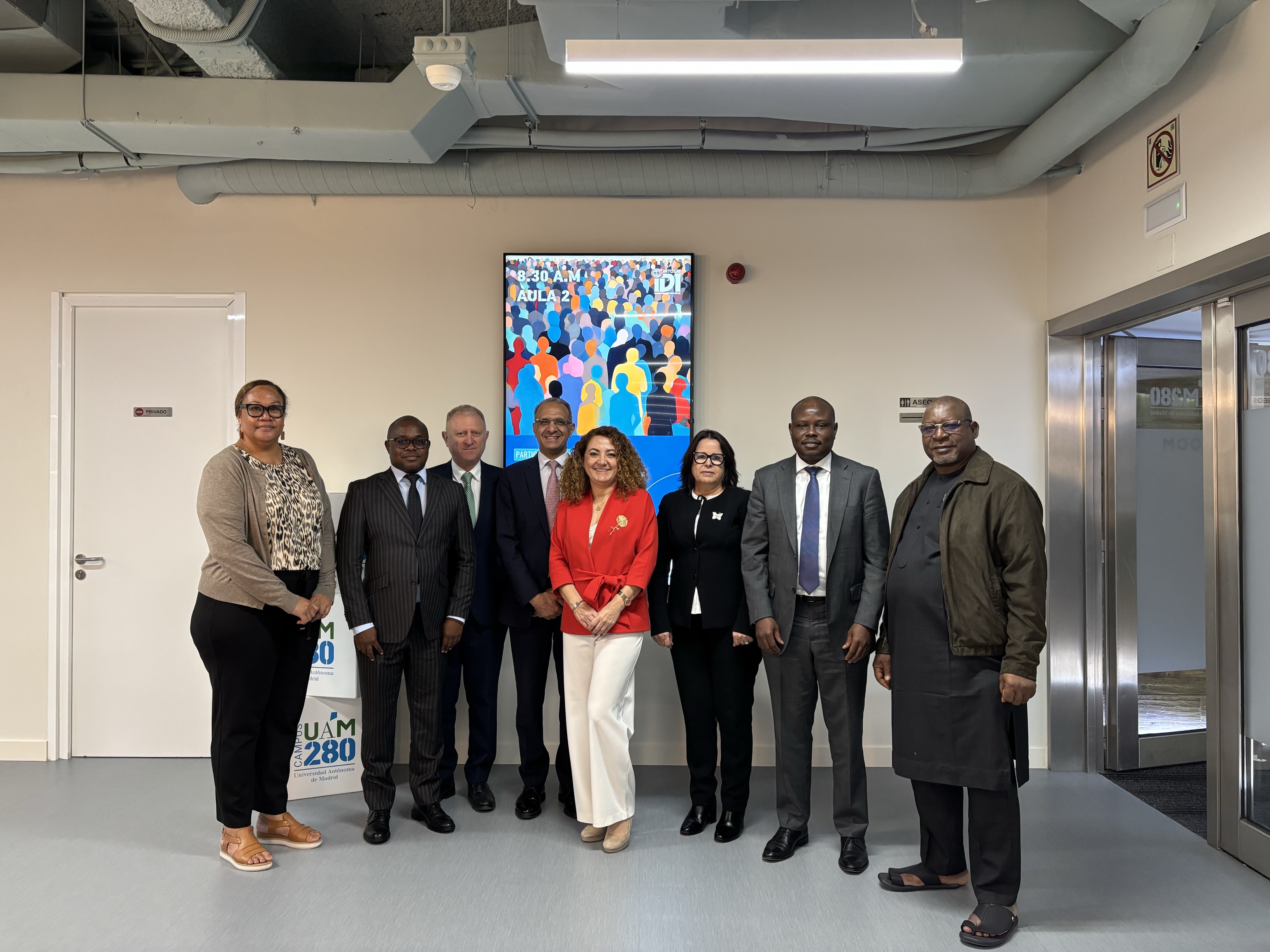
Mastery is not a training course. It’s a platform for reflection, transformation, and connection. It asks leaders: What kind of leader does my country need today? And who do I need to become to rise to that challenge?
It also embodies the belief that leadership development must be collective. In Madrid, SAIs from small island states to federal republics, from established audit institutions to those still emerging, came together. The diversity brought strength. The dialogue brought momentum.
With SECO’s support, IDI created an environment that honoured both the technical and the transformational—one where audit leaders were not just informed but inspired.


The message from Madrid was clear: this is just the beginning. Many participants left with action plans, reform ideas, and new allies to support their leadership journeys.
“For all the changes that need to happen in SAIs, leadership involvement is crucial,” said Ola Hoem, IDI’s Deputy Director General. “To operate and be independent as an SAI requires really strong leadership and high integrity—this program develops that.”
IDI will launch the next round of the Mastery Initiative in late 2025, with a fresh format, deeper engagement, and expanded collaboration with regional and global partners. Because in a world of growing uncertainty, we need leaders who are not just competent, but courageous change agents for accountability.
🎥 Stay tuned for our upcoming Mastery Initiative video and hear from the SAI leaders reshaping the future of accountability around the world.